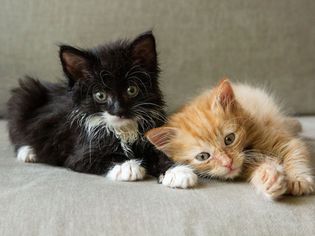
How to Socialize Your Kitten
All kittens require early socialization in order to become good pets. It helps kittens le...
Can cats have milk? Although many people believe that milk is good for cats, the reality is that it's a myth. Unfortunately, milk is not the healthiest beverage for felines. In fact, it can cause a series of ailments, including an upset stomach, cramps, gas, and severe diarrhea. A large majority of cats are lactose intolerant and/or become dehydrated when they are fed cow's milk.
Learn more about the relationship between cats and milk.
While your kitten may seem perfectly content lapping up a bowl of milk, it's not good for him or her. In many ways, milk can become your kitten's "comfort food" that is reminiscent of their mother's milk. However, being a good kitten parent means not making this a part of your feline's regular diet.
No matter how you cut it, milk does not contain the essential nutrients cats need to grow. Too much milk can even displace their appetites for meat-based diets and cause nutritionally-deficient diseases. Additionally, one of the most common reasons milk isn't recommended for adult cats is that many of them have problems digesting it.
Most cats lack the enzyme lactase, which helps them digest the lactose in milk. When undigested, lactose makes its way through the cat's digestive system and takes in water from the intestines. Simply put, lactose can't pass through the intestinal wall into the bloodstream very easily. This can cause:
Instead of milk, simply give your cat what it really needs: clean water. Water is necessary on a regular basis to help cats stay hydrated. If your dog
Additionally, several lactose-free milk substitutes for cats have developed over the years, including CatSip and CatSure. CatSip is real Grade A milk from a dairy that's been specially developed to lessen the risk of digestive problems in cats. CatSure, on the other hand, is a definitive, balanced liquid nutritional meal that allows cats to make the best of their golden years. It includes high-quality protein and amino acids for healthy living and is made particularly for adult and senior cats.
The best case scenario is that your cat is only drinking water, but there are milk alternatives out there specifically made for cats.
Cats typically love the taste of milk because it is high in fat. But the high fat content can give your kitty an upset stomach.
Talk to your veterinarian about cat-safe milks before feeding any to your cat. Each cat is different—for example, not all cats are lactose intolerant and may be able to drink cow's milk with few complications.

All kittens require early socialization in order to become good pets. It helps kittens le...
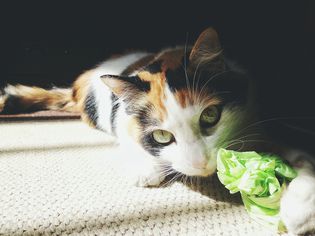
Some cats are a lot like puppies and enjoy chewing on objects. Plastic items are some of ...
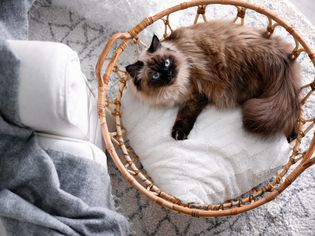
Cat language—including cat talk and non-verbal messages—is sometimes puzzling. Cats h...
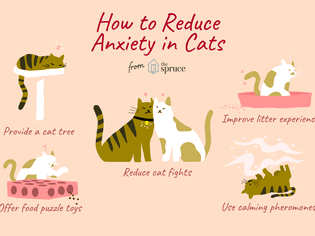
The typical anxious cat hides, urinates inappropriately, increases scratching, and/o...
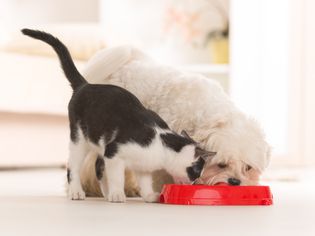
Is it safe for cats to eat dog food? In short, no. While small amounts of dog food will u...
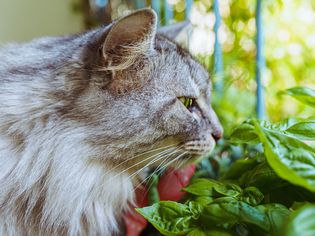
Basil is one of the more commonly used and grown herbs in American homes. It’s used not...
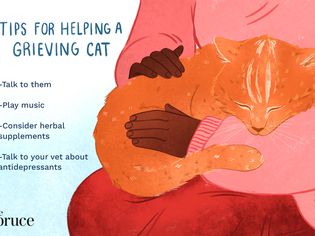
Pet loss and grief can be difficult and heartbreaking for people, but it can be an even g...
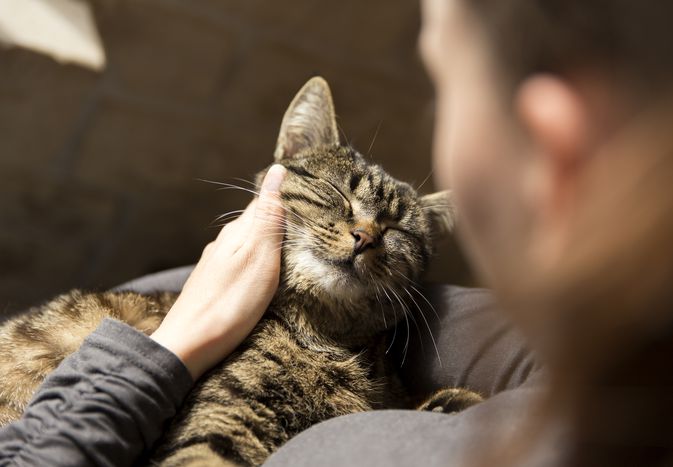
Could your cat be pregnant? It's certainly possible if your cat is not spayed and had...
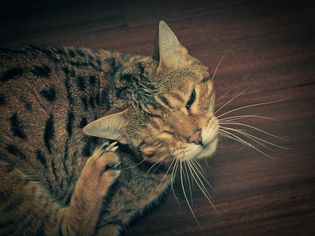
Ear mites in cats are common, contagious parasites that cause the ears to produce a waxy ...
Comments on "Can Cats Have Milk? Why They Really Shouldnât Drink The Stuff" :